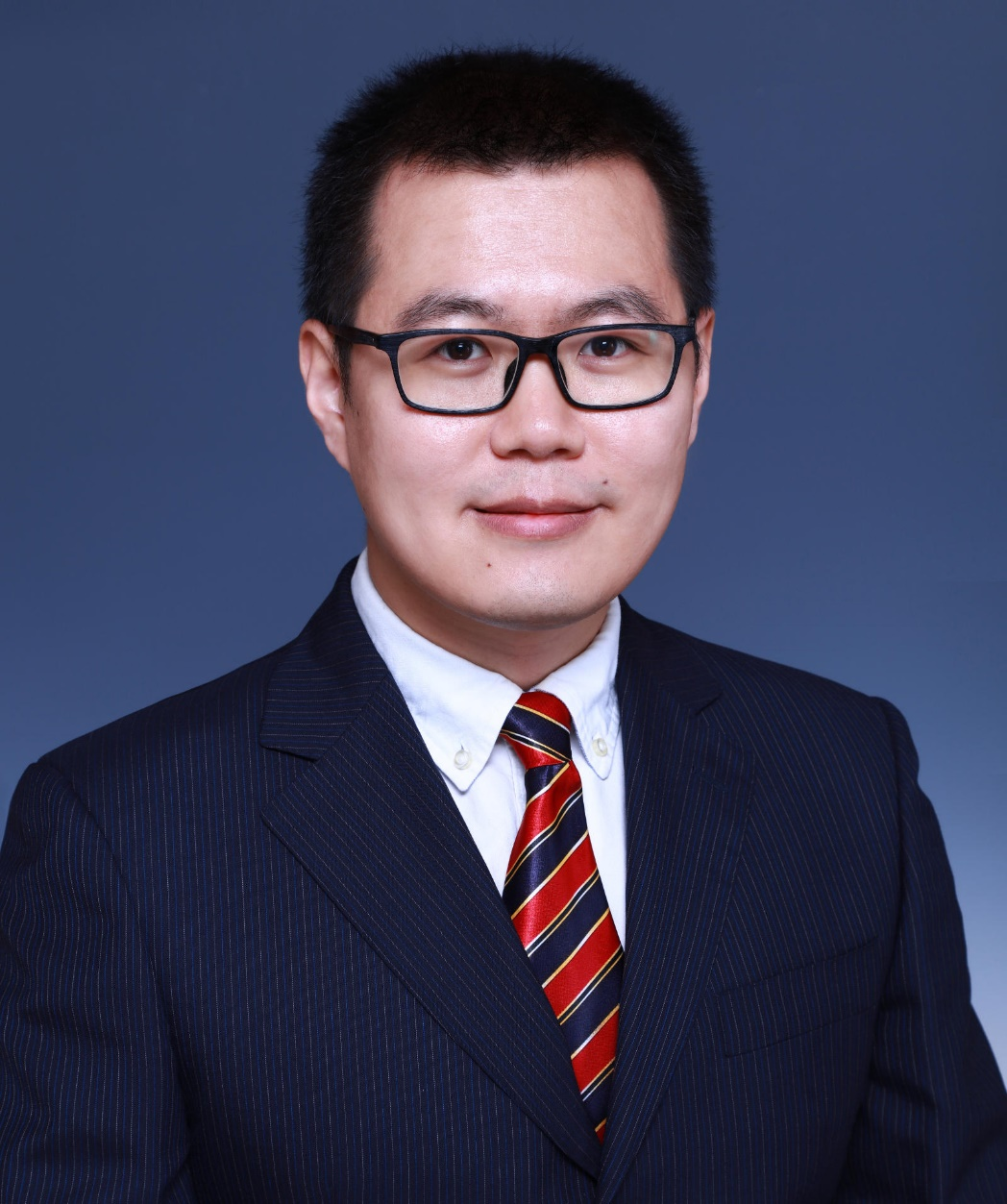
Title:
Learning a Verifiable Quadratic Programming-based Controller Inspired by Model Predictive Control
Abstract:
Recent years have witnessed the development of learning-based control, many of which utilize general neural networks, such as Multi-Layer Perceptron (MLP), as the entirety or a part of the control policy. Despite their remarkable empirical performance on quadrotors, legged robots and so on, the existence of an even moderate size neural network makes it almost impossible to certify stability or provide performance guarantees. In this talk, we introduce a new class of learnable controller, drawing inspiration from Model Predictive Control (MPC). The controller resembles a Quadratic Programming (QP) solver of a linear MPC problem, and is differentiable with respect to its parameters, which enables the calculation of policy gradient and the usage of Deep Reinforcement Learning (DRL) to train the parameters, instead deriving them from a predictive model like in the MPC. Due to the structure imposed on the QP-based controller, one can verify its properties, such as persistent feasibility and asymptotic stability, using the same procedure as in the verification of MPC. On the other hand, numerical examples illustrate that the proposed controller empirically matches MPC and MLP controllers in terms of control performance and has superior robustness against modeling uncertainty and noises. Furthermore, the proposed controller is significantly more computationally efficient compared to MPC and requires fewer parameters to learn than MLP controllers. Real-world experiments on vehicle drift maneuvering task demonstrate the potential of these controllers for robotics and other demanding control tasks.
Biography:
Yilin Mo is an Associate Professor in the Department of Automation, Tsinghua University. He received his Ph.D. In Electrical and Computer Engineering from Carnegie Mellon University in 2012 and his Bachelor of Engineering degree from Department of Automation, Tsinghua University in 2007. Prior to his current position, he was a postdoctoral scholar at Carnegie Mellon University in 2013 and California Institute of Technology from 2013 to 2015. He held an assistant professor position in the School of Electrical and Electronic Engineering at Nanyang Technological University from 2015 to 2018 before joining Tsinghua. He serves as the Chair for IFAC Technical committee on Stochastic systems and as an associate editor for Automatica and IEEE Trans on Control of Network Systems. His research on networked control systems and cyber-physical systems have been well-received, with over 9000 google scholar citations and he has been selected by Elsevier as a highly cited Chinese scholar in 2021 and 2022. He is a recipient of the National 1000-Youth Talent Program of China as well.



